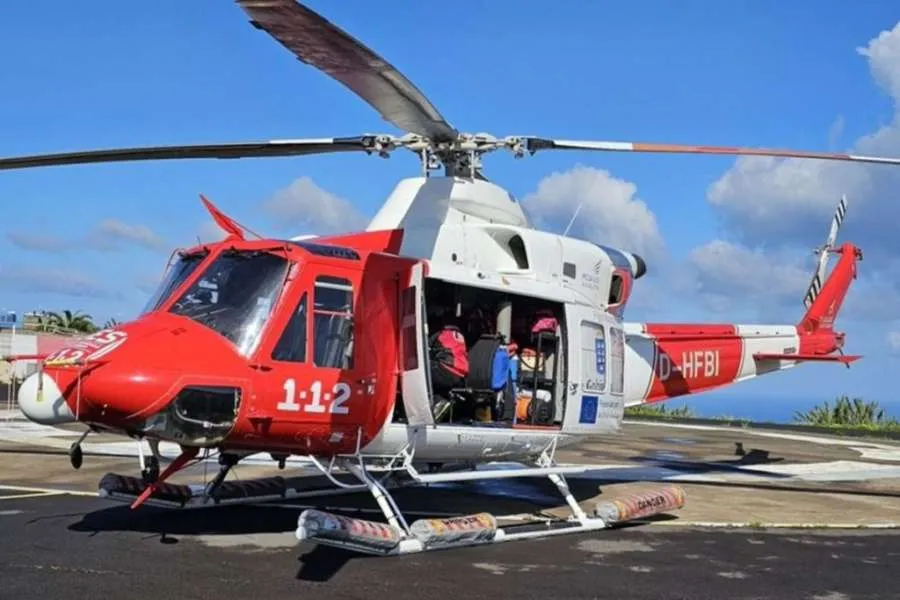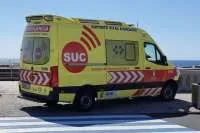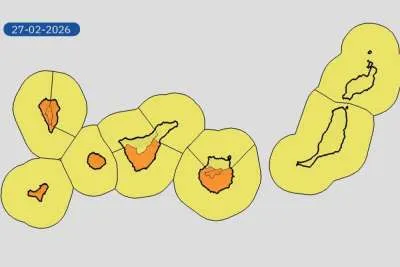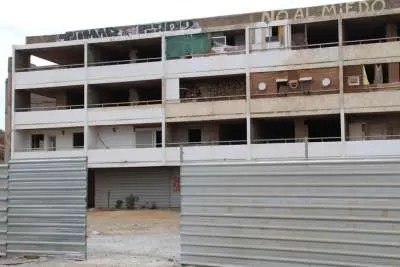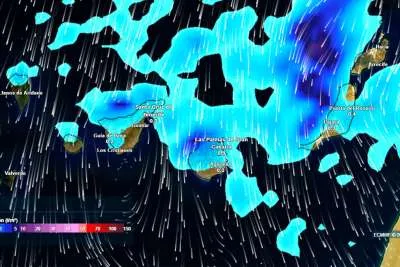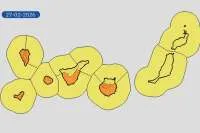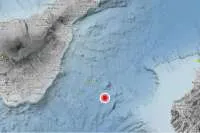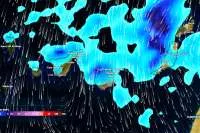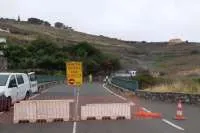Woman airlifted from Teide National Park after collapsing at the Parador
- 13-09-2025
- Tenerife
- CECOES .
- Photo Credit: 112 Canarias
A 56-year-old woman has been hospitalised in a serious condition after collapsing at the Parador de Las Cañadas del Teide on Friday afternoon, highlighting the potential health risks of visiting Spain’s highest peak.
According to the emergency services, the incident occurred shortly after midday when the Canary Islands’ Emergency and Security Coordination Centre (CECOES) received an alert reporting that a guest in the reception area of the Parador had suddenly suffered dizziness and required immediate medical attention.
Emergency teams, including members of the Spanish Red Cross Emergency Response Unit (ERIE) activated by Tenerife’s Fire Brigade Consortium, rushed to the scene to provide first aid. They were soon joined by SUC medical staff, who assessed and stabilised the woman’s condition.
Given the seriousness of her symptoms, a helicopter was dispatched to Teide National Park and landed in the El Portillo area, where the patient was carefully transferred on board and flown directly to the helipad of the University Hospital of the Canary Islands (HUC) in La Laguna. According to hospital sources, she was admitted and remains in a serious condition.
Health risks at high altitude
Mount Teide rises to 3,718 metres (12,198 feet), making it the highest point in Spain and one of the tallest volcanoes in the world. Even at the level of the Parador hotel, situated at over 2,000 metres above sea level, visitors can experience symptoms linked to altitude, such as dizziness, nausea, shortness of breath, or fatigue due to the thinner air.
These effects can be more pronounced in people with underlying health conditions, but they can also affect otherwise healthy travellers who are unaccustomed to high altitudes.
Authorities remind visitors that while Teide is one of the Canary Islands’ most popular attractions, precautions should be taken when spending time in the national park. Staying well hydrated, avoiding excessive physical exertion, and allowing time to acclimatise can help reduce the risk of altitude-related problems. Tourists who have pre-existing heart, lung, or circulatory issues are advised to consult their doctor before making the journey to higher elevations.
Emergency response in Teide National Park
Because of its remote location, medical incidents in Teide National Park often require specialist intervention, including helicopter evacuation in the most serious cases. The rapid deployment of a medical helicopter on Friday once again demonstrated the efficiency of the Canary Islands’ emergency coordination system, which regularly responds to accidents and health issues in this popular yet isolated area.
Teide National Park welcomes millions of visitors every year, drawn by its dramatic volcanic landscapes, hiking routes, and panoramic views. While incidents remain relatively rare, this case serves as a reminder that preparation and awareness are essential when exploring one of the most spectacular, but challenging, environments in the archipelago.
Other articles that may interest you...
Trending
Most Read Articles
Featured Videos
TributoFest: Michael Buble promo 14.02.2026
- 30-01-2026
TEAs 2025 Highlights
- 17-11-2025


